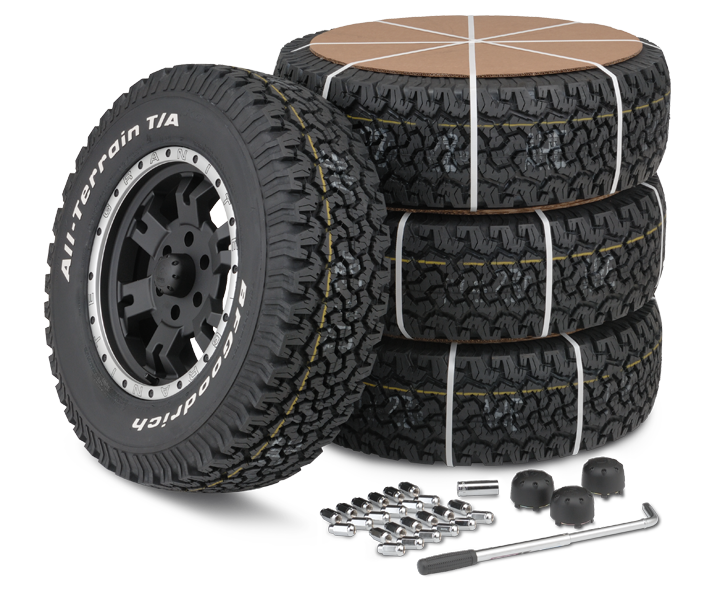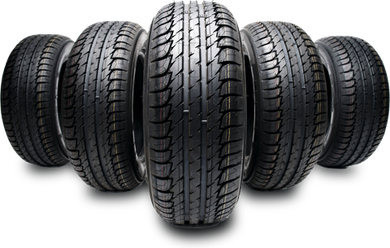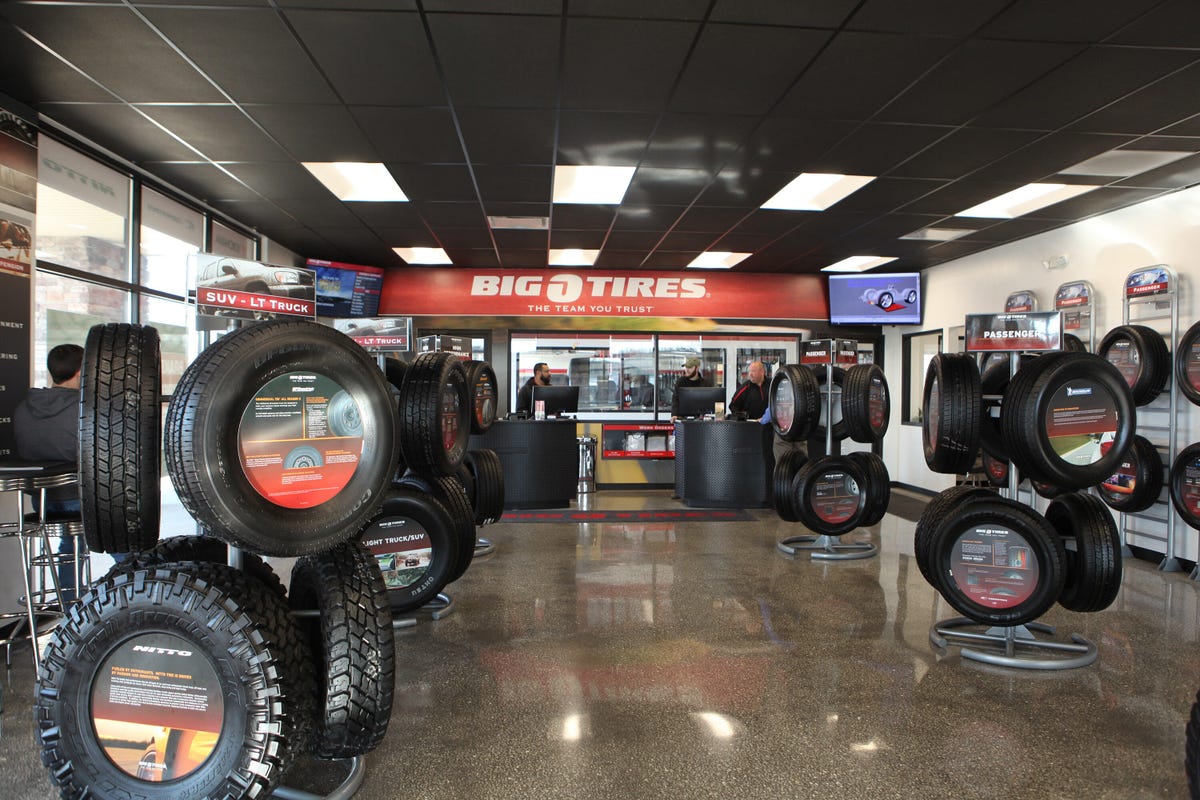Tire Solution: Recognizing Tire Stress Monitoring Systems
Comprehending Tire Pressure Monitoring Solutions (TPMS) is a vital aspect of maintaining optimum car performance and safety when driving. With advancements in automotive modern technology, TPMS has become a common feature in contemporary cars, offering real-time information on tire pressure levels. Diving much deeper into the intricacies of TPMS, one can uncover the different elements that comprise this system and the relevance of each in making certain exact tracking. From direct to indirect TPMS systems, the landscape of tire pressure tracking is varied, each with its unique set of benefits and factors to consider. Stay tuned to unwind the complexities of TPMS, from maintenance ideas to the obvious advantages of maintaining your tires correctly blew up. tires morris il.

Value of TPMS
The significance of Tire Pressure Surveillance Solutions (TPMS) hinges on their capability to enhance car security and efficiency with real-time surveillance of tire stress levels. Preserving the appropriate tire stress is important for making sure ideal handling, stopping, and total security of a vehicle. TPMS provides vehicle drivers with prompt feedback on any kind of underinflated or overinflated tires, enabling prompt changes to be made.
Components of TPMS
Sensing units are generally situated in the tire valve stem or affixed to the wheel assembly, where they measure tire stress and send data to the control module. Some progressed TPMS models likewise present the real tire stress readings for each tire, giving drivers with real-time info to ensure optimum tire performance and security. By monitoring tire pressure constantly, TPMS assists avoid crashes, reduces tire wear, and boosts fuel performance, making it a crucial component for automobile security and efficiency. mopar tire service specials.
Kinds of TPMS

On the other hand, indirect TPMS relies upon the vehicle's wheel speed sensing units to check tire pressure. This system discovers underinflation by contrasting the rotational rates of the wheels. Indirect TPMS is less pricey than straight TPMS, as it utilizes existing sensing units within the automobile.
While direct TPMS uses much more precise readings, indirect TPMS is easier in layout and usually calls for much less upkeep. Both systems have their restrictions and benefits, and the choice between them frequently relies on factors such as cost, automobile make, and personal preference. Comprehending the differences between these 2 sorts of TPMS can assist car proprietors make informed decisions concerning tire upkeep and safety and security.
TPMS Upkeep Tips
Reliable upkeep of TPMS is essential for guaranteeing optimal efficiency and safety of your vehicle. Routinely evaluating the TPMS sensing units for any damages or corrosion is essential. Ensure that the sensors are complimentary and clean from debris that might disrupt their functioning. In addition, it is advisable to inspect the check over here sensing unit batteries periodically and change them as needed to guarantee Visit Your URL accurate analyses. Conduct regular look at the tire pressure levels and compare them with the TPMS analyses to ensure they are regular. If there are any type of discrepancies, recalibrate the system adhering to the supplier's standards. Throughout tire turning or substitute, make certain that the TPMS components are managed very carefully to protect against any kind of potential damage. Finally, if the TPMS warning light illuminates on the dashboard, attend to the problem without delay by inspecting the tire pressures and the overall system for any faults. By sticking to these upkeep tips, you can prolong the lifespan of your TPMS and enhance the safety and security of your driving experience.
Benefits of Correct Tire Stress
Preserving proper tire pressure, as emphasized in TPMS Maintenance Tips, is vital for enjoying the numerous advantages associated with optimal tire stress levels. Additionally, correct tire pressure ensures also tire wear, prolonging the lifespan of the tires and advertising much safer driving problems. In final thought, the benefits of proper tire stress go beyond simply tire durability; they include improved fuel efficiency, improved safety and security, much better vehicle efficiency, and overall driving comfort.
Conclusion
Finally, comprehending tire pressure tracking systems (TPMS) is vital for maintaining optimal tire pressure and making sure automobile safety. By identifying the significance of TPMS, recognizing with its components, understanding the different types readily available, adhering to correct maintenance ideas, and understanding the benefits of keeping proper tire stress, motorists can improve their driving experience and extend the life-span of their tires. Appropriate tire pressure is essential to efficient and secure car operation.
